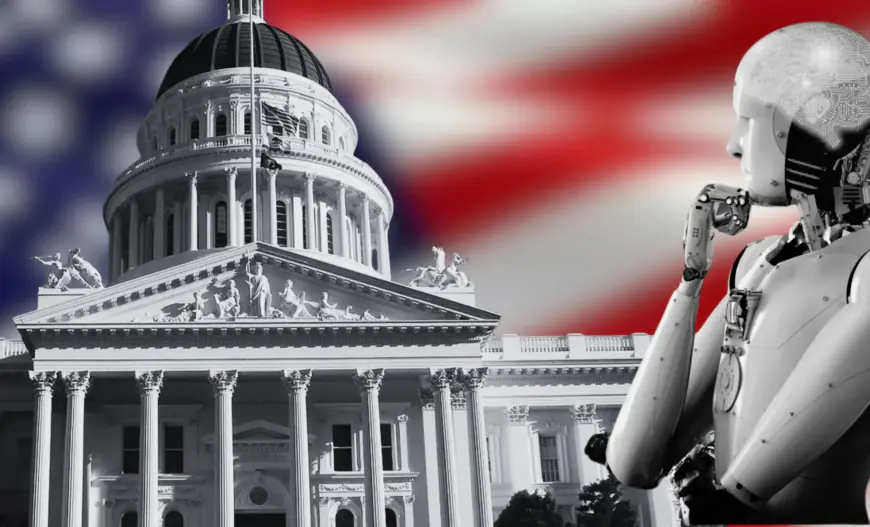California committee advances AI regulation bill
The California State Assembly’s Appropriations Committee voted in favor of SB 1047, a proposed law aimed at regulating the AI industry. The bill, officially known as the Safe and Secure Innovation for Frontier Artificial Intelligence Models Act, focuses on the creators of “frontier” AI models, which are those that cost at least $100 million to […]

The California State Assembly’s Appropriations Committee voted in favor of SB 1047, a proposed law aimed at regulating the AI industry. The bill, officially known as the Safe and Secure Innovation for Frontier Artificial Intelligence Models Act, focuses on the creators of “frontier” AI models, which are those that cost at least $100 million to train.
The bill requires that such developers adopt safety measures, be audited, and give confidence that their models will not produce great harm. It also provides whistleblowing for AI workers and enables the state Attorney General to take legal actions against the companies whose AI models result in severe harm or public risk.
Lawmakers amend bill to address industry concerns
The bill also provides for the establishment of the CalCompute public cloud computing cluster to support the state’s AI infrastructure. Mark Zuckerberg recently stated that the next generation of Meta’s Llama will require 10x more computing, which would fall under the purview of SB 1047.
However, several important changes were made to counter the criticism made by the critics. Significantly, the criminal sanctions were stripped from the bill, and the provision to create a new regulatory body called the Frontier Model Division was also dropped.
According to Sen. Wiener, the element of the bill that he liked most was the balance between innovation and safety. Wiener explained that it is possible to improve security and innovation at the same time, saying that security should not be a barrier to progress.
The bill has generated much controversy within Silicon Valley and the entire tech industry. Technology giants and some members of the Silicon Valley Congress, including Anna Eshoo, Zoe Lofgren, and Ro Khanna, have also opposed the bill.
Bill progresses to the next legislative stage
In a letter to Governor Gavin Newsom, these representatives requested a veto, noting that the bill is too concerned with the rather unprobable misuse of the technology. They additionally stated that it does not address the more imminent issues such as misinformation or environmental effects, or job loss.
Jaikumar Ramaswamy, the chief legal officer at Andreessen Horowitz, also shared these concerns and noted that the bill may harm innovation and push tech firms out of California. The bill was backed by influential AI researchers such as Geoffrey Hinton and Yoshua Bengio.
SB 1047 has been approved by the Appropriations Committee and now moves on to the Assembly floor, where it must be passed by August 31. If the bill is approved, it will go back to the state Senate for the third and final time and then to the Governor’s office. The governor has not made any public statement about the bill in this writing. If approved, SB 1047 will not go into effect until 2026, which will give time for the creation of the FMD.
What's Your Reaction?









































































































